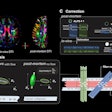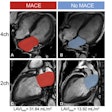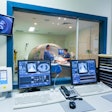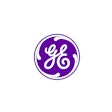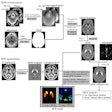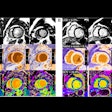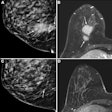Virtual background developer Sky Factory said that research conducted at Texas Tech University (TTU) has discovered several unique neural brain activations in the cerebellum of subjects responding to sky images from its SkyCeilings virtual skylights for MRI scanners.
Researchers at TTU have used functional MRI brain mapping technology to detect these responses, which were different than those generated when research subjects viewed other positive images from nature. Because brain activation of the cerebellum is often associated with spatial cognition, it may be that viewing Sky Factory compositions evokes a sense of expansion into or through this extended space, TTU neuroscientist Dr. Michael O'Boyle said.
Sky Factory said that fostering an experience of expanded space may be the reason why facilities that have installed SkyCeilings report reduced instances of claustrophobia and increased patient throughput.
The initial TTU research results are part of a two-part, blinded research project launched last spring by the university. In the second phase, researchers will compare health data collected from patients staying in hospital rooms with and without Sky Factory virtual skylights, according to the company. That part of the study is expected to wrap up in late 2013.



.fFmgij6Hin.png?auto=compress%2Cformat&fit=crop&h=100&q=70&w=100)
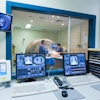
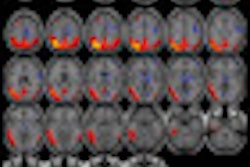
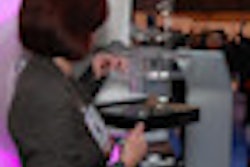
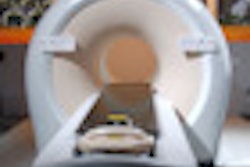
.fFmgij6Hin.png?auto=compress%2Cformat&fit=crop&h=167&q=70&w=250)

